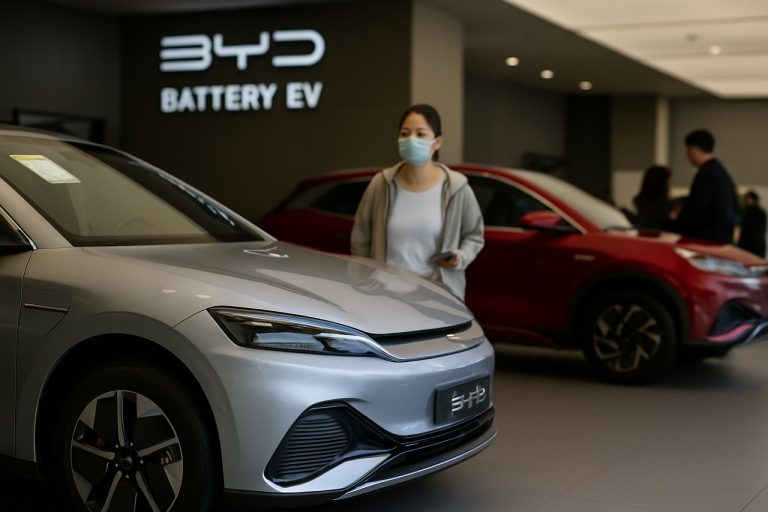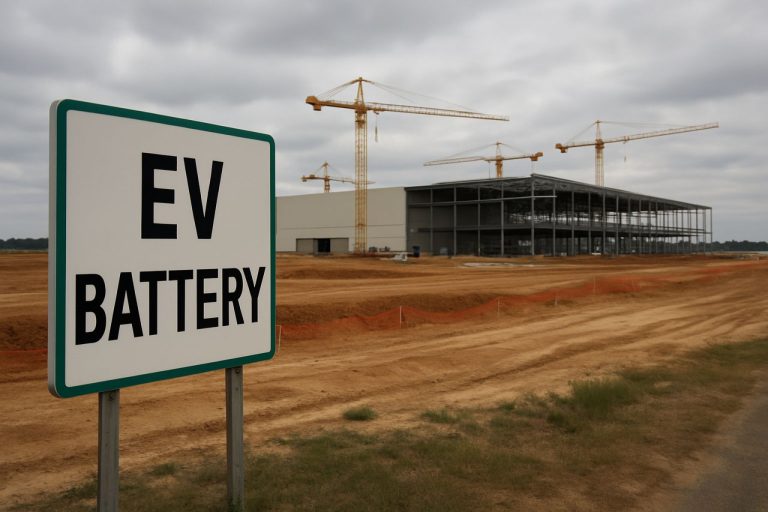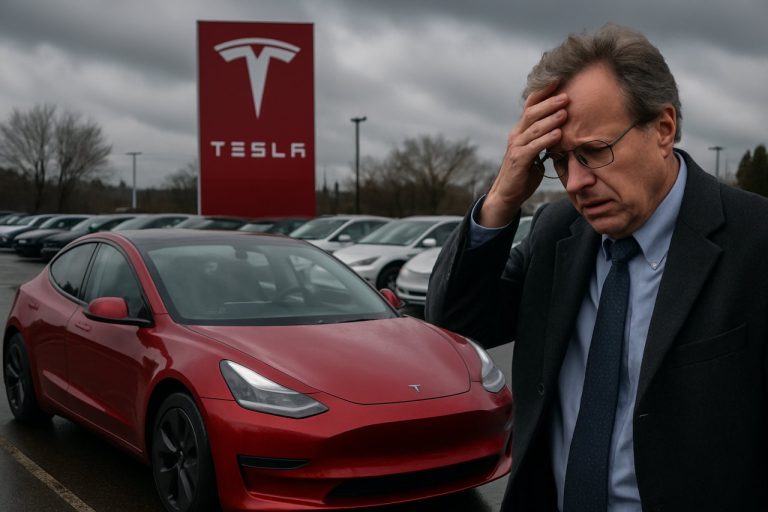
New Standard in Bladder Cancer Care: Breakthrough EV+P Combo Extends Survival Across All Patient Groups, 2025 Data Shows
Phase 3 trial confirms enfortumab vedotin plus pembrolizumab dramatically outperforms chemotherapy for advanced urothelial carcinoma.
- FDA Approval: EV+P combination cleared in Dec 2023
- Survival Boost: Significantly longer overall and progression-free survival vs. chemotherapy
- Universal Benefit: Superior efficacy across all patient subgroups, regardless of disease site
- Global Study: Data presented at ASCO 2025 Annual Meeting
The field of bladder cancer treatment enters a bold new era. Latest findings from the pivotal EV-302 trial cement enfortumab vedotin plus pembrolizumab (EV+P) as the gold-standard, drastically improving survival for patients with locally advanced or metastatic urothelial carcinoma—regardless of disease presentation.
The news, released at the prestigious American Society of Clinical Oncology (ASCO) Annual Meeting in Chicago, underscores a universal message: this dual therapy triumphs over decades-old chemotherapy, outperforming it on every critical metric.
What Makes the EV+P Combination Stand Out?
Researchers launched the phase 3 EV-302 trial (NCT04223856) with a bold purpose—to find a more powerful, durable solution than standard chemotherapy. The result was staggering: patients receiving EV+P lived longer, with delayed disease progression and higher response rates.
Unlike prior therapies, the benefit of EV+P held true across every subgroup:
- Primary tumor locations (upper and lower urinary tracts)
- Limited to lymph-node disease, or more extensive metastasis
- With or without liver involvement (traditionally a poor prognosis factor)
This means doctors and patients can confidently consider this regimen first-line, no matter the cancer’s specific pattern.
How Does EV+P Change the Conversation for Doctors and Patients?
Physicians no longer need to filter patients based on tumor location or the presence of liver or lymph node metastases. The playing field is finally level. According to key trial investigators, shared decision-making is more crucial than ever. Conversations now focus on weighing individual risk factors for side effects against vast improvements in survival—putting real power in the hands of patients and their care teams.
Questions Cancer Patients Are Asking in 2025
Q: Who can get EV+P as first treatment?
A: Most individuals newly diagnosed with locally advanced or metastatic urothelial carcinoma—including those with tricky disease patterns—are now eligible.
Q: Does the site of metastasis affect whether EV+P will work?
A: No. The biggest revelation of the EV-302 trial: this combination works better across the board, regardless of where the cancer spread.
Q: What’s the trade-off compared to chemo?
A: While EV+P may have unique side effects, the evidence points to overwhelmingly greater benefits—longer life and slower disease progression.
For current information and patient support, visit trusted sources like American Cancer Society and National Cancer Institute.
How to Discuss Treatment Options in the New Standard Era
- Ask your oncologist if you are a candidate for EV+P.
- Discuss your individual risk factors and overall health.
- Review potential side effects together and consider your priorities.
- Stay informed on evolving research and updates from ASCO.
The landscape of bladder cancer treatment is shifting—act now to understand your options and improve outcomes.
Action Checklist for Patients and Families:
- Confirm eligibility for EV+P with your doctor
- Prepare questions about side effects and benefits
- Seek second opinions if unsure
- Connect with a support group or advocacy network
- Monitor updates in cancer research throughout 2025



